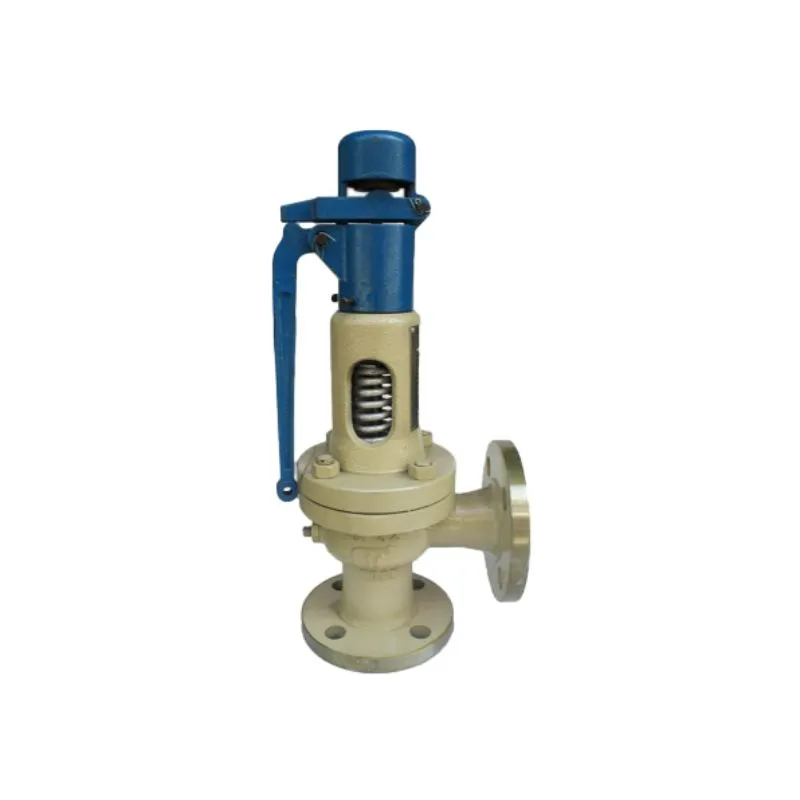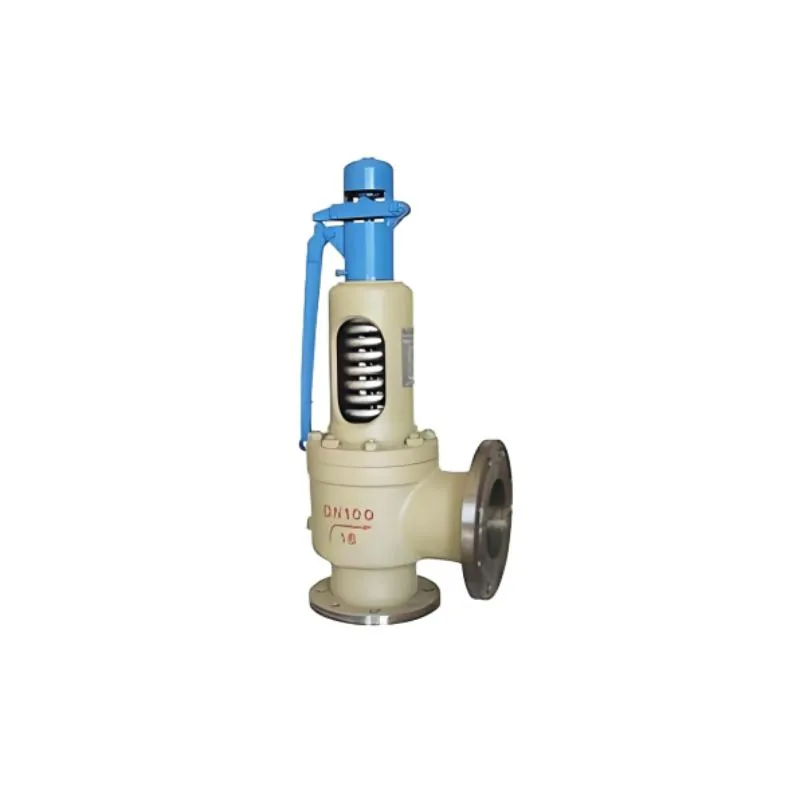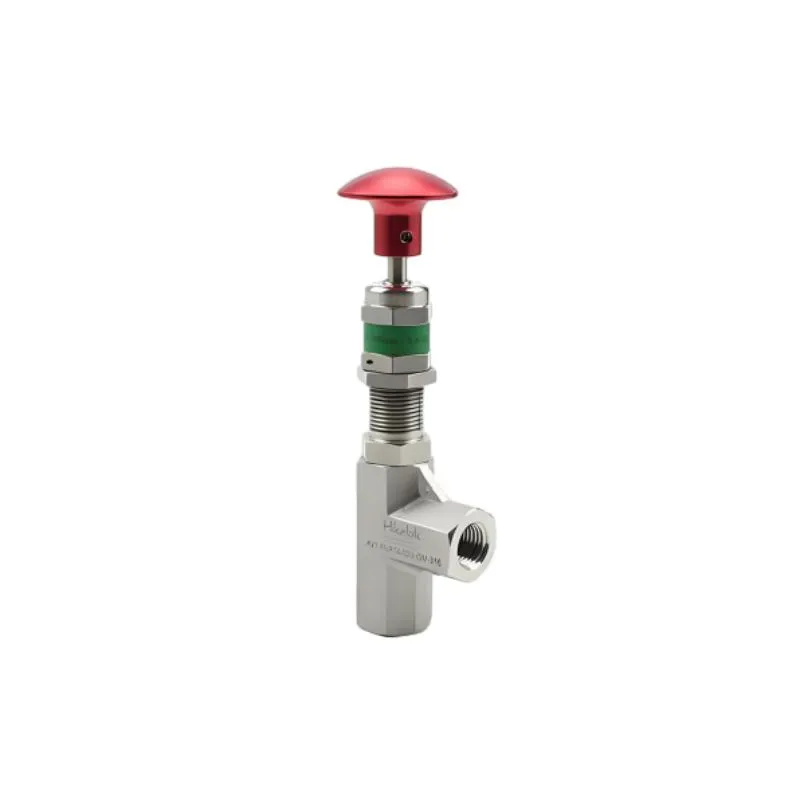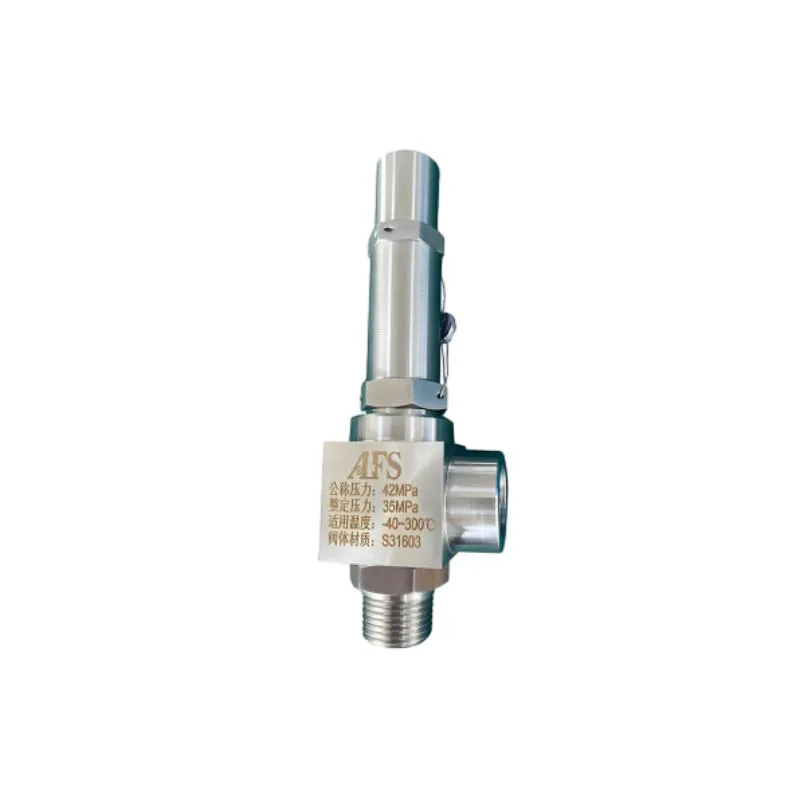-
Cangzhou Yulong Steel Co., Ltd.
-
Phone:
+86 13303177267 -
Email:
admin@ylsteelfittings.com
- English
- Arabic
- Italian
- Spanish
- Portuguese
- German
- kazakh
- Persian
- Greek
- French
- Russian
- Polish
- Thai
- Indonesian
- Vietnamese
- Zulu
- Korean
- Uzbek
- Hindi
- Serbian
- Malay
- Ukrainian
- Gujarati
- Haitian Creole
- hausa
- hawaiian
- Hebrew
- Miao
- Hungarian
- Icelandic
- igbo
- irish
- Japanese
- Javanese
- Kannada
- Khmer
- Rwandese
- Afrikaans
- Albanian
- Amharic
- Armenian
- Azerbaijani
- Basque
- Belarusian
- Bengali
- Bosnian
- Bulgarian
- Catalan
- Cebuano
- China
- China (Taiwan)
- Corsican
- Croatian
- Czech
- Danish
- Esperanto
- Estonian
- Finnish
- Frisian
- Galician
- Georgian
- Kurdish
- Kyrgyz
- Lao
- Latin
- Latvian
- Lithuanian
- Luxembourgish
- Macedonian
- Malgashi
- Malayalam
- Maltese
- Maori
- Marathi
- Mongolian
- Myanmar
- Nepali
- Norwegian
- Norwegian
- Occitan
- Pashto
- Dutch
- Punjabi
- Romanian
- Samoan
- Scottish Gaelic
- Sesotho
- Shona
- Sindhi
- Sinhala
- Slovak
- Slovenian
- Somali
- Sundanese
- Swahili
- Swedish
- Tagalog
- Tajik
- Tamil
- Tatar
- Telugu
- Turkish
- Turkmen
- Urdu
- Uighur
- Welsh
- Bantu
- Yiddish
- Yoruba

Jul . 22, 2025 11:01 Back to list
High Pressure Safety Valve for Reliable Pressure Relief Solutions
Phone: +86 13303177267 | Email: admin@ylsteelfittings.com
Mobile: +86 13303177267 | Address: Lijiapu, Wulongtang Village, Cang County, Cangzhou City, Hebei Province, China
What is a High Pressure Safety Valve?
The High pressure safety valve is a critical safety device engineered to automatically release excess pressure from pressurized systems when the set limit is exceeded. Its primary purpose is to protect equipment, pipelines, and personnel from potentially catastrophic overpressure incidents. Acting instantaneously without any external command, it is universally adopted in industries handling high-pressure media such as oil and gas, chemicals, power generation, and metallurgy.




Product Overview: YL-HP Series High Pressure Safety Valve
Product Name:
High pressure safety valve
Product URL: https://www.ylsteelfittings.com/high-pressure-safety-valve.html
Brief Introduction: The high-pressure safety valve is an automatic pressure relief device, engineered to protect high-pressure systems from overpressure conditions. When the system's internal pressure surpasses the set point, the valve swiftly opens, expelling excess pressure and averting potential equipment damage and hazards. Widely used across petroleum, chemical plants, power plants, refinery and metallurgical industries.
Industry Trends: High Pressure Safety Valve Market & Innovations
The High pressure safety valve industry is rapidly evolving in response to stricter regulations, increased process automation, and enhanced emphasis on safety standards. According to Flow Control Network, the adoption of smart digital monitoring and predictive maintenance for safety valves is transforming asset management and reliability. In the global market, the oil & gas sector remains the largest end-user, followed by chemicals, power generation, and industrial manufacturing.
Key industry trends include:
- Integration of IoT-based health monitoring for predictive failure alerts
- Development of corrosion-resistant, high-alloy valve materials
- Adoption of advanced sealing technologies for improved leak-tightness
- Arising demand for compact, high-performance valves for space-constrained installations
- Increasing regulatory requirements for pressure safety in Asia and the Middle East
Technical Parameters Comparison Table: High Pressure Safety Valve
| Parameter | Typical Value | YL-HP Series Value | Industry Range |
|---|---|---|---|
| Size Range | DN10-DN200 | DN15-DN100 | DN6-DN400 |
| Pressure Rating | PN40-PN400 | PN63-PN400 | PN16-PN600 |
| Material Options | WCB, CF8, CF8M, F51 | CF8, CF8M, F316L | Brass, Steel, Stainless Steel, Alloy |
| Temperature Range | -29°C ~ +450°C | -196°C ~ +550°C | -100°C ~ +600°C |
| Connections | Flange, Threaded | Flange, Socket Weld | Flange, Welded, Threaded, Clamp |
| Set Pressure Accuracy | ±3% | ±2% | ±5% to ±1% |
| Certifications | ISO, CE, API | ISO 9001, CE, API 526 | ISO, CE, API, TUV |
Key Applications of High Pressure Safety Valve
- Oil & Gas Transmission and Refining Systems
- Chemical & Petrochemical Processing Units
- Power Generation: Boilers, Turbines, Heat Exchangers
- Water Treatment and Desalination Plants
- Metallurgical Equipment and Furnaces
- Compressed Air and Industrial Gas Plants
- Marine and Offshore Pressure Systems
The High pressure safety valve assures instant and reliable protection against overpressure, outperforming other pressure relief methods due to its fast response time and repeatable accuracy.
Design Standards & Certifications
Compliance and certification are critical parameters, closely linked with plant safety, insurance, and international operation. The High pressure safety valve from CANGZHOU YULONG STEEL CO.,LTD. is manufactured and fully tested in strict accordance with renowned industry standards, including:
- ASME Boiler and Pressure Vessel Code (BPVC) – Section VIII
- API 526 – Safety Valve Standard
- IEC 61508 – Functional Safety
- ISO 4126 – International Safety Valve Standard
- CE Marking (Pressure Equipment Directive - PED)
Engineering Parameters: What Matters Most?
- Set Pressure: The calibrated pressure at which the valve activates.
- Blowdown: Percentage pressure drop for the valve to reclose after activation.
- Orifice Area: Determines discharge capability and sizing.
- Spring Material: Affects resistance to creep, fatigue, and corrosion.
- Valve Body Material: Chosen for compatibility with process fluid and temperature.
- Back Pressure Compensation: Critical for handling fluctuating system pressures.
- Leak Tightness: Measured as per API and ISO seat tightness standards.


Materials & Specifications
Materials Used: The selection of valve material is primarily dictated by the process medium, pressure, temperature, and required corrosion resistance. Main choices include:
- Carbon Steel (WCB): Suitable for moderate temperature and non-corrosive media.
- Stainless Steel (SS304/316L): Offers superior corrosion and acid resistance.
- Duplex Stainless Steel (F51): For extremely high pressures and aggressive environments.
- Special Alloys (Monel, Hastelloy): For high-temperature, acidic, or saline conditions.
- Size: DN15–DN100 (1/2"–4")
- Set Pressure: 10–400 bar (customizable up to 600 bar)
- Temperature: -196°C to +550°C (special seats for cryogenic/high-temp)
- Ends: RF/RTJ Flanged, Socket Weld, Threaded (BSP/NPT), Clamp
- Certifications: CE, ISO 9001, API 526
Professional FAQ: High Pressure Safety Valve Technical FAQs
- Q1: What materials are typically used for High pressure safety valve construction?
- A: Common materials include WCB (carbon steel), SS304, SS316L (austenitic stainless steel), F51 (duplex steel), and specialty alloys (Monel, Hastelloy, Inconel) to withstand various process media and temperatures. Material selection should be based on compatibility with the system's pressure, medium, and temperature requirements.
- Q2: How is the set pressure of a High pressure safety valve determined?
- A: Set pressure is calculated based on the system’s maximum allowable working pressure (MAWP), generally set at or below 90–95% of MAWP as per relevant design standards (ASME, API).
- Q3: What are the common connection methods for industrial High pressure safety valve?
- A: Typical connection types include RF/RTJ Flanged ends, socket weld, butt weld, threaded (BSP/NPT), and clamp connections for sanitary or compact spaces.
- Q4: Are there global standards for installation and testing?
- A: Yes. Installation and periodic testing are governed by codes like ASME BPVC, API 527 (Seat Tightness Testing of Pressure Relief Valves), and ISO 4126. Regular onsite and bench pressure setting verifications are mandatory for system integrity.
- Q5: What is “blowdown” in the context of safety valves?
- A: Blowdown refers to the percentage difference between the set pressure and the pressure at which the valve re-closes. A typical blowdown for High pressure safety valve is 3–7%, optimized per process safety requirements.
- Q6: Can High pressure safety valve be used for corrosive service?
- A: Yes, provided the valve wetted parts are made of suitable corrosion-resistant alloys such as SS316L, F51, Monel, or Hastelloy, and the elastomeric/soft sealing components are compatible with the process stream.
- Q7: How often should safety valves be inspected and maintained?
- A: Industry best practices, such as NACE guidelines, recommend inspection at least annually, or more often in critical applications, to ensure proper operation and prevent sticking/corrosion.
Why Choose CANGZHOU YULONG STEEL CO.,LTD.?
- Rich Industry Experience & Global Reach: Over 25 years serving petrochemical, oil & gas, power, and metallurgical stakeholders worldwide.
- Comprehensive Solutions: Complete product portfolio including High pressure safety valve, pipe fittings, flanges, and automated valve assemblies.
- Strict Quality Control: All products undergo multi-level testing – hydraulic, pneumatic, seat tightness, and functional reliability.
- Rapid Customization: Engineers can design high-pressure relief solutions tailored to unique site requirements (DN6–DN400, PN16–PN600, etc.)
- Responsive After-Sales & Technical Support: Global customer service, guidance on certification and maintenance.
Ordering, Delivery & Support
For technical queries, orders or after-sales support regarding High pressure safety valve, kindly contact our dedicated team through:
Phone/Mobile: +86 13303177267
Email: admin@ylsteelfittings.com
Website: www.ylsteelfittings.com
Address: Lijiapu,Wulongtang Village,Cang County,Cangzhou City,Hebei Province
Conclusion & Further Reading
The High pressure safety valve represents the ultimate safeguard for high-pressure systems vital to modern industry. With advances in material science, digital monitoring, and manufacturing, today's safety valves are more reliable, accurate, and versatile than ever before. CANGZHOU YULONG STEEL CO.,LTD. exemplifies industry leadership through certified quality, technical expertise, and global partnerships.
For more insights into evolving industry standards, refer to:
- FlowControlNetwork - Valve Technology Evolution Report
- ValveMagazine.com - Industry Outlook 2024
- ResearchGate: Safety Valve Technologies in Critical Industrial Sectors
- NACE Valve Corrosion Prevention Tips
1. Flow Control Network, How Valve Technology is Shifting to Cope with Global Demands.
2. Valve Magazine, Industry Trends for 2024 and Beyond.
3. ResearchGate, Review of Safety Valve Technologies in Critical Industrial Sectors.
4. NACE International, Valve Corrosion Prevention Tips.
Latest news
-
ANSI 150P SS304 SO FLANGE
NewsFeb.14,2025
-
ASTM A333GR6 STEEL PIPE
NewsJan.20,2025
-
ANSI B16.5 WELDING NECK FLANGE
NewsJan.15,2026
-
ANSI B16.5 SLIP-ON FLANGE
NewsApr.19,2024
-
SABS 1123 FLANGE
NewsJan.15,2025
-
DIN86044 PLATE FLANGE
NewsApr.19,2024
-
DIN2527 BLIND FLANGE
NewsApr.12,2024
-
JIS B2311 Butt-Welding Fittings LR/SR 45°/90° /180°Seamless/Weld
NewsApr.23,2024











